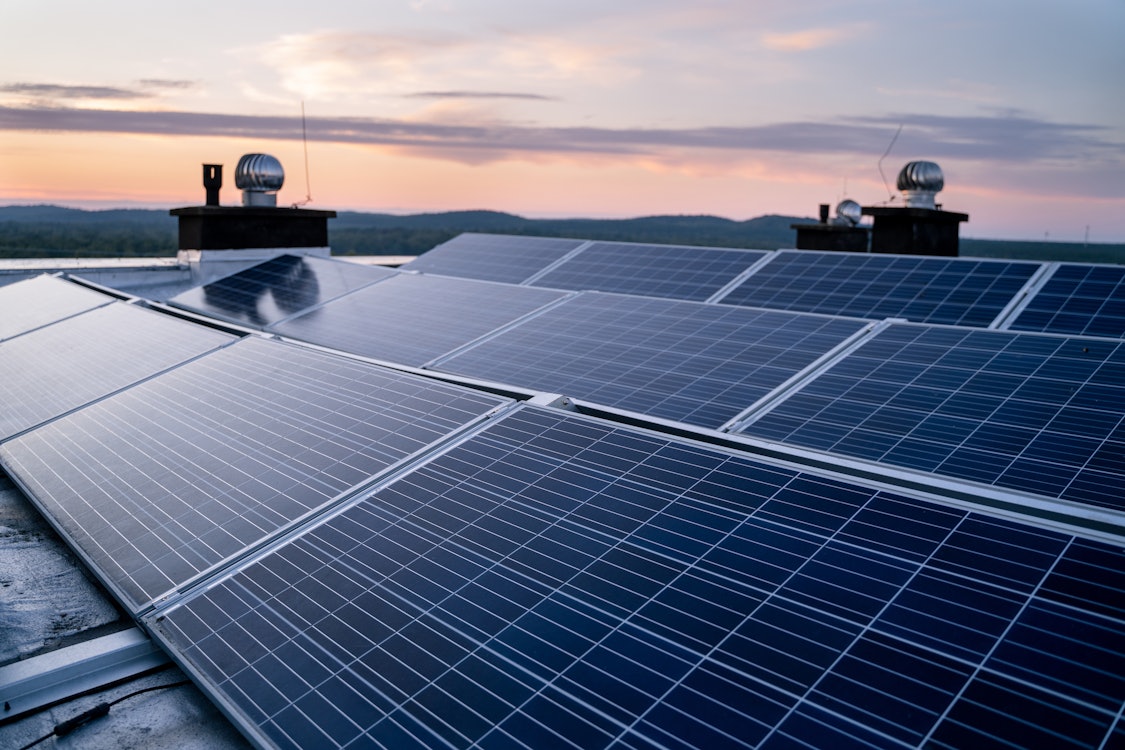
Wally Taylor is the Legal Chair of the Sierra Club Iowa chapter.
The Iowa Utilities Board has proposed companion bills on energy production in the Iowa legislature this year. The Sierra Club is focused on two provisions in House Study Bill 555 and Senate Study Bill 3075: including battery storage as part of an energy production facility, and designating nuclear power as an alternate energy production facility.
One of the primary criticisms of renewable energy, specifically wind and solar, is that they provide power intermittently. In other words, wind turbines don’t provide power when the wind isn’t blowing, and solar panels don’t provide power when the sun isn’t shining.
Technology has advanced to the point that batteries can store wind energy when the wind is blowing and solar energy when the sun is shining, and then make the power available when is it needed (commonly called “baseload”). Batteries, combined with wind and solar, would provide baseload. So it makes sense to include storage batteries as part of an electric generating facility. Sierra Club supports that part of the board’s proposal.
In practical terms, energy production facilities (or parts of facilities) would need a permit from the Iowa Utilities Board in order to include battery storage. In considering whether to grant a permit, the board must consider the legislature’s intent to ensure reliable electric service, to promote less carbon intensive energy production, and to comply with reasonable land use and environmental policies. Battery storage that enhances the effectiveness of renewable energy certainly fits the bill.
Sierra Club has opposed nuclear power since the 1970s and is deeply concerned about the provision on nuclear power in the utilities board’s bill. Uranium, which is mined from the ground, is not a renewable resource. Waste from mining and processing uranium creates environmental impacts. Construction of nuclear plants is expensive and subsidized by taxpayers. In addition, the waste from spent nuclear fuel is radioactive for hundreds of thousands of years, with no good place to store it. Finally, relying on nuclear power delays the critical transition to renewable energy.
Given those problems, nuclear plants have been closing down over the last several years, including the Duane Arnold Energy Center in Iowa.
The board proposes to designate nuclear power as an alternate energy production facility in the Iowa Code.
Alternate energy production facilities are intended to be small renewable energy facilities owned by the person or entity using the power produced. Examples might be solar panels on a roof, or small wind turbines at an industrial or commercial site. It is hard to conceive how a nuclear plant would fit into this framework. Industrial scale wind and solar projects are in another chapter of the Iowa Code, not the alternate energy section.
Even if the intent is to refer to small modular reactors, the inherent problems of nuclear power are still present. Moreover, even if the Iowa Utilities Board hopes to incentivize small modular reactors, no Iowan is likely to have their own reactor. Operating a nuclear reactor requires expertise and experience, which only a company in the nuclear industry would have. And they are expensive. No one would choose nuclear power over renewable energy, which is much less costly.
Electric utilities and the nuclear industry have not given up on promoting nuclear power. It is their Lost Cause.
The utilities board has not explained what it had in mind when it drafted House Study Bill 555 and Senate Study Bill 3075.
Editor’s note from Laura Belin: An Iowa House Commerce subcommittee advanced HSB 555 on January 23, with support from Republican State Representatives Hans Wilz and Brian Lohse and Democratic State Representative Sean Bagniewski. The Senate companion bill has been assigned to a subcommittee, but no meeting has been scheduled.
Top image of solar panels is by Oliver Britton, available via Shutterstock.

2 Comments
well someone would prefer to go nuclear
https://npre.illinois.edu/about/illinois-microreactor-project
dirkiniowacity Fri 26 Jan 1:51 PM
Thank you, Wally Taylor...
…for all the good work you do.
PrairieFan Wed 31 Jan 1:40 PM